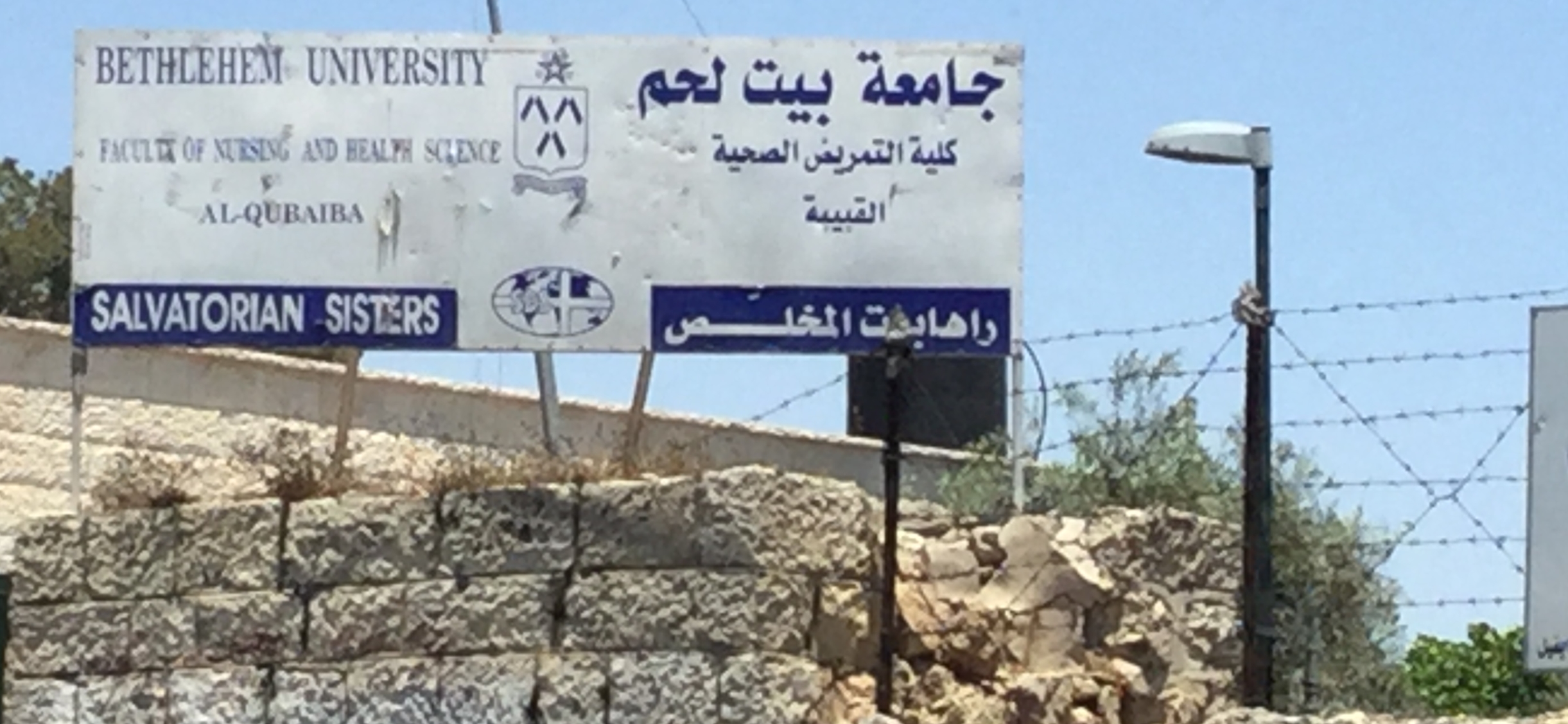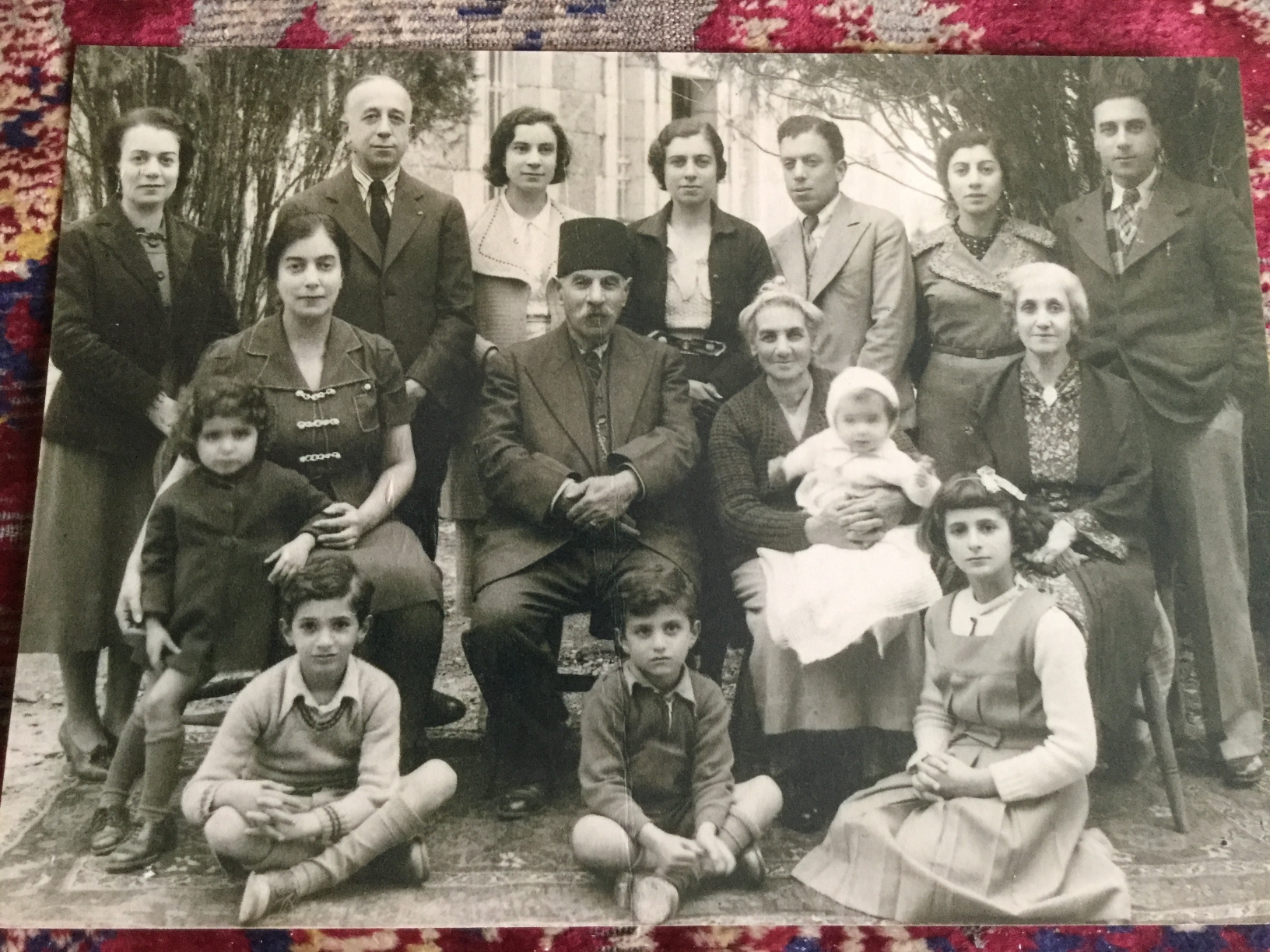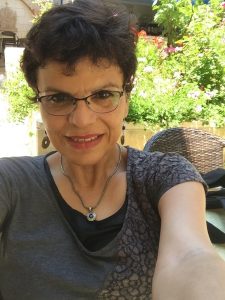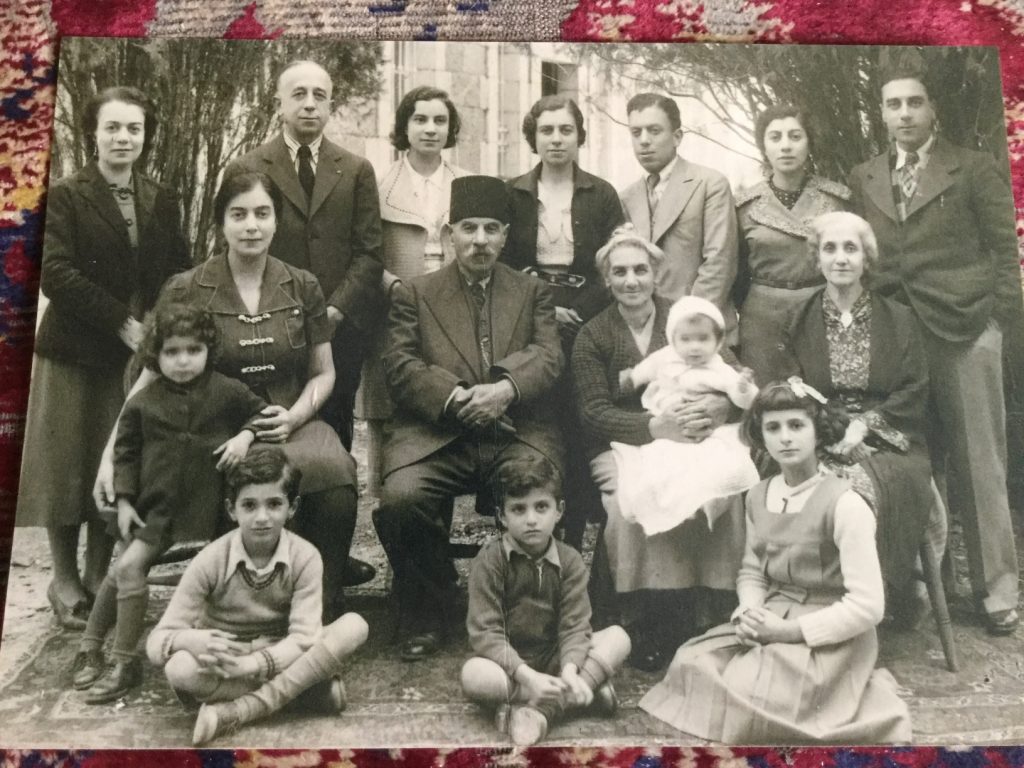Dr. Frances S. Hasso is an ACOR-CAORC Post Doctoral Fellow in residence at ACOR in the Spring of 2018. She is an Associate Professor in the Program in Gender, Sexuality and Feminist Studies at Duke with secondary appointments in the History Department and the Sociology Department and an affiliate appointment in the Duke Middle East Studies Center. She writes below about her ongoing research project and her recent work in Jordan.

The Non-Archival Subject
Using cross-disciplinary theories, sources and methods to study perinatal and child death as part of Palestinian women’s reproductive experiences, my project seeks to expand dimensions of the past and present considered worthy of analysis. In 2016, when I embarked on a project to study Palestinian reproductive death during the British Mandate rule of Palestine (approximately 1920 to 1948), I realized I was studying a non-archival historical subject. This assumption has turned out to be true in more than one way. Existing colonial, missionary, Zionist, and Palestinian archives did not track experiences of high rates of miscarriage (spontaneous abortion) and child death. Nor do they tell us of women’s reproductive struggles, including the little control they had over their fertility and the exhaustion of village life, which typically had neither running water nor electricity, unlike Palestinian cities and nearby Jewish and non-Jewish European settlements.
I consider how women experienced reproduction and reproductive loss by conducting oral interviews with elderly women and their children and by listening to existing oral history archives in Lebanon, Jordan, and the Occupied Palestinian Territories. I have in addition gathered significant documentary sources related to debates around infant and maternal health and changes in sensibilities and practices around childbirth over time.

Palestinian historiography has largely focused on major turning points and Palestinian traumas during the British colonial period and is silent on quotidian loss structured by class and gender and not only by British colonial and Zionist settler-colonial conditions. These conditions included the government’s systematic facilitation of Zionist institution building and its hobbling of Palestinian power and institutions. This was true as well in the realm of healthcare, where Palestinians relied on foreign missionaries and a British government health system that expected the colonized to pay for their own colonization while European Zionists built institutions of different ideological orientations focused on Jewish health. Health care, certainly for villages, where the vast majority of Palestinians lived, was an extremely low proportion of colonial spending and reduced over time.
With a few exceptions (Tawfiq Canaan, Hilma Granqvist) Palestinian historiography on the period is similarly silent on quotidian experiences of reproduction and child loss except as side notes in some accounts of the 1936–39 Revolt and the 1948 Nakba, although these occurred at high rates and affected everyone. Death, mourning and reproduction are largely examined within authorized nationalist registers which are post facto imposed on the sensibilities of the period, although reproduction and perinatal and child loss were not necessarily experienced or understood this way.
My project is also concerned with the ways Palestinian health care was systematically nursified, masculinized and biomedicalized over the British period to serve colonial economic and social interests as well as an upper class of Palestinian male doctors who replaced traditional healers. Native Palestinians were not only subjects of national trauma and collective pain. They were more than objects to be civilized (by British colonizers) or cleansed and ghettoized (by Zionist settler-colonialism).
British colonialism and the ongoing Israeli settler-colonial project shadows their lives and my project. I have gathered thousands of archival pages, and I insist on ultimately telling a story that recognizes that these were not the only dynamics at play in relation to reproduction. Consistent with the principles of feminist scholarship, I am privileging the reproductive and perinatal and child death experiences of women. At the same time, I am interested in what these tell us about colonialism, Zionism, Palestinian nationalism, and gender and class relations.

Written by Dr. Frances S. Hasso.
Learn more about Frances S. Hasso on her personal website and on her Duke University faculty page and by reading her ACOR Biography. Her recent book publications include Freedom without Permission: Bodies and Space in the Arab Revolutions with Zakia Salime (Duke University Press, 2016) and Consuming Desires: Family Crisis and the State in the Middle East (Stanford University Press, 2011). Recent articles include “Civil and the Limits of Politics in Revolutionary Egypt,” in Comparative Studies of South Asia, Africa and the Middle East (Vol. 35:3, 2015), as well as “Bargaining with the Devil: States and Intimate Life,” in Journal of Middle East Women’s Studies (Vol. 10:2, 2014). Contact Frances S. Hasso at fsh5@duke.edu.

